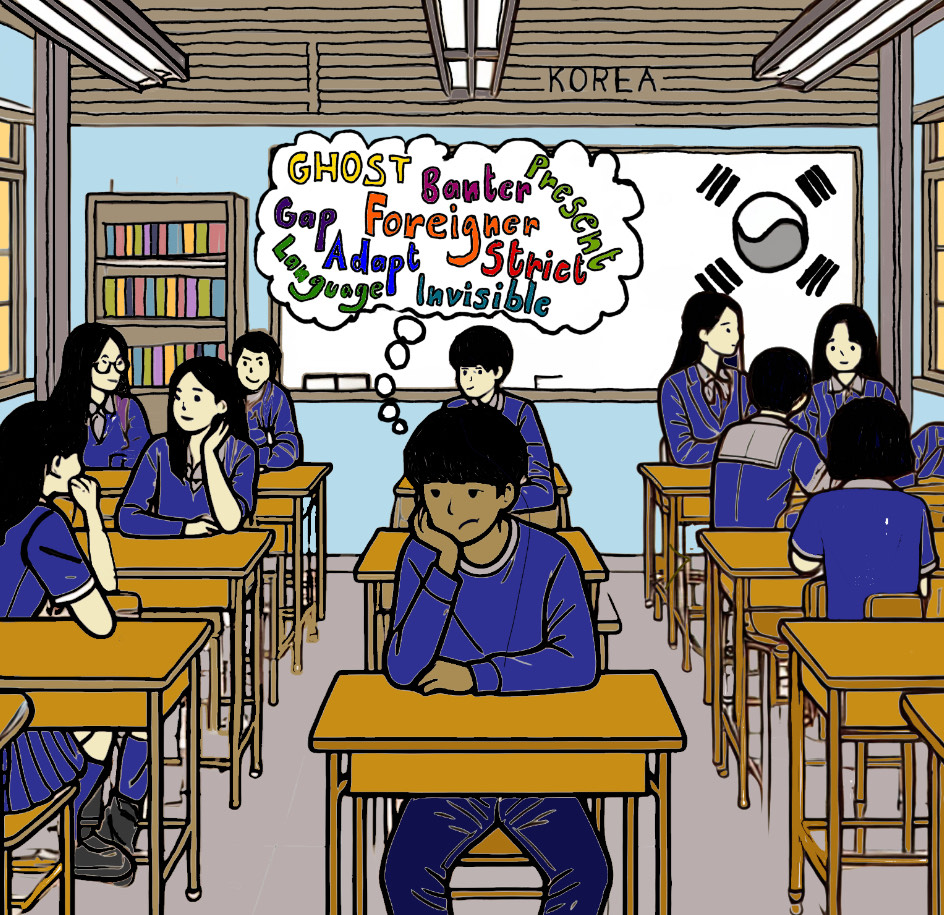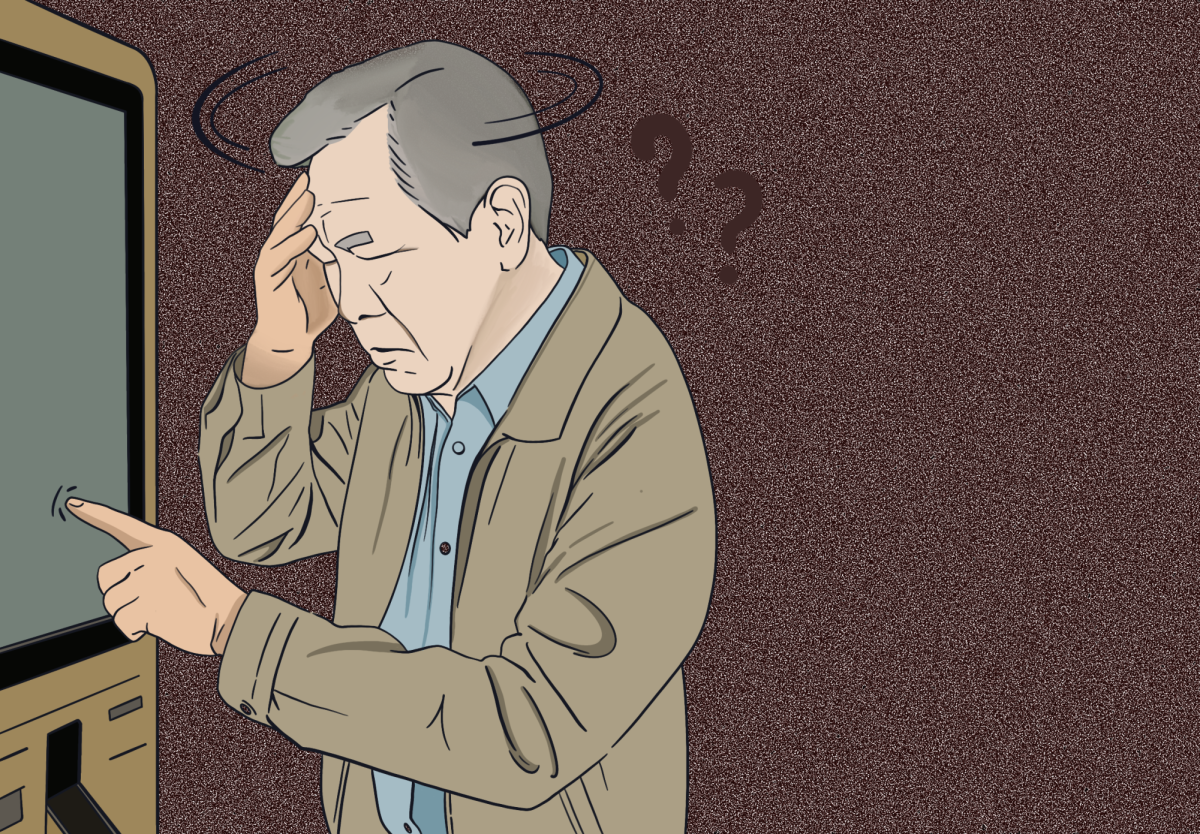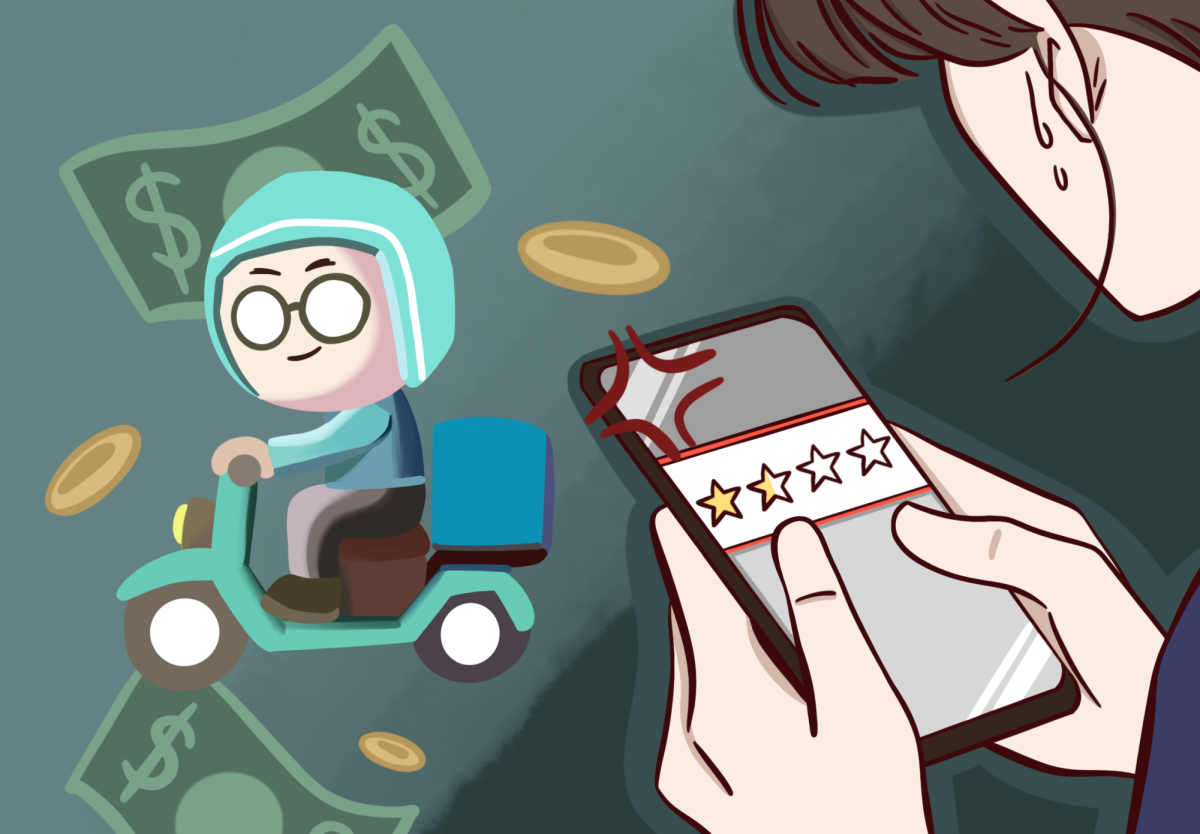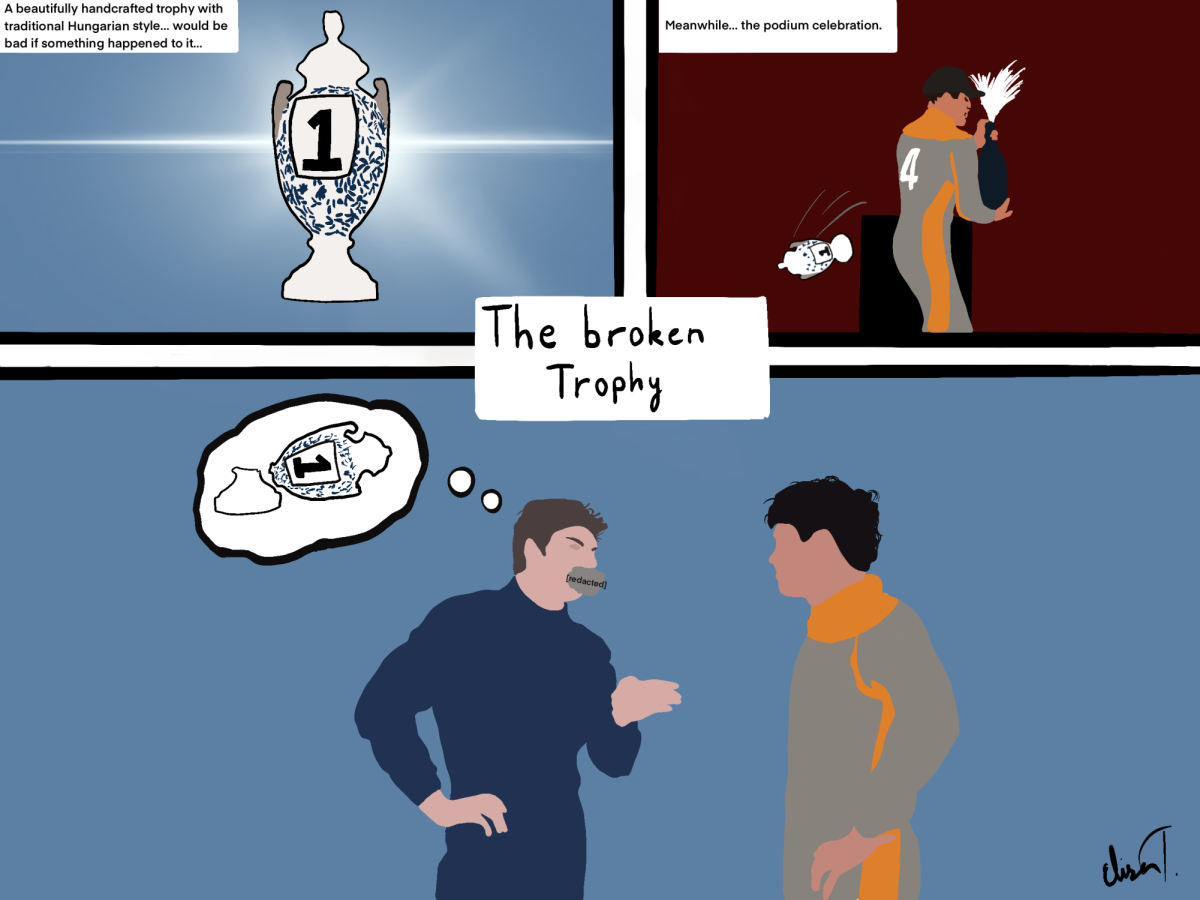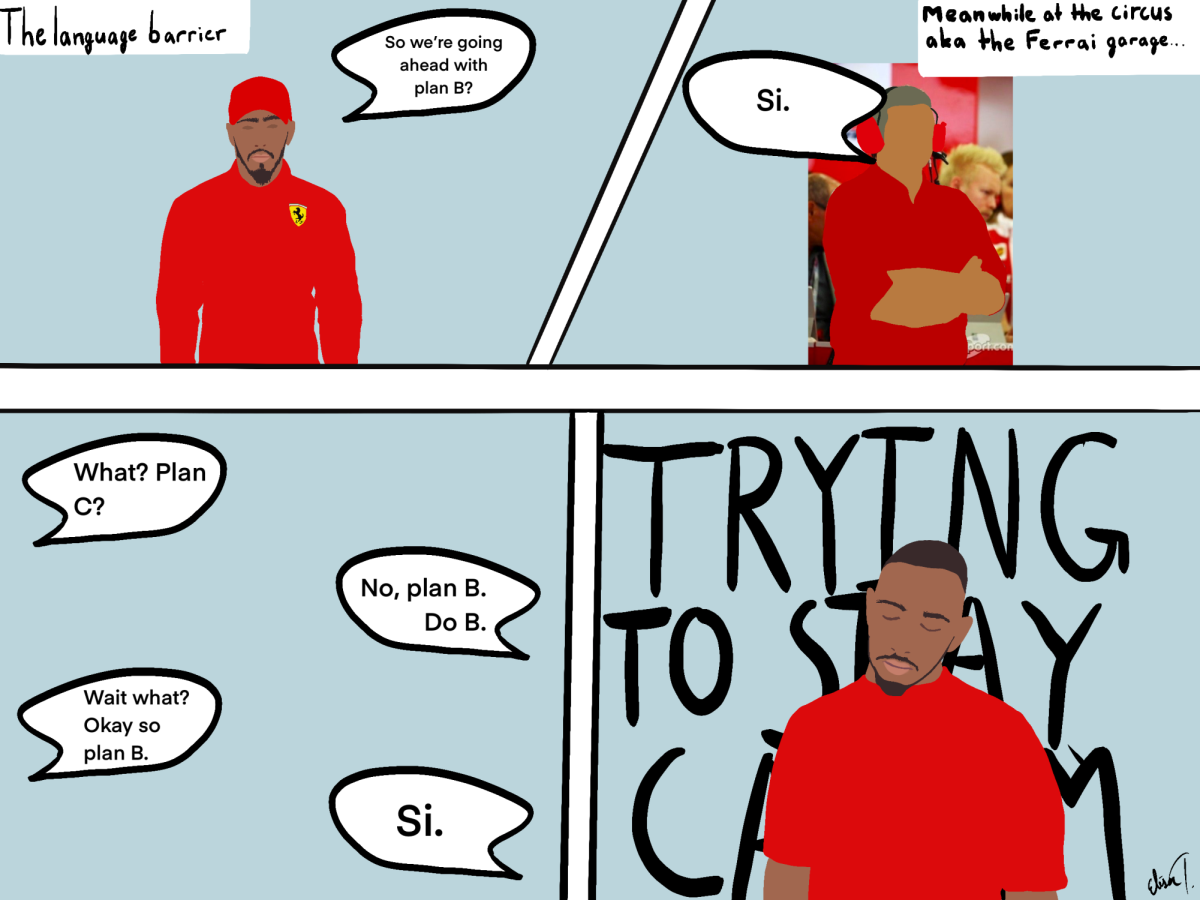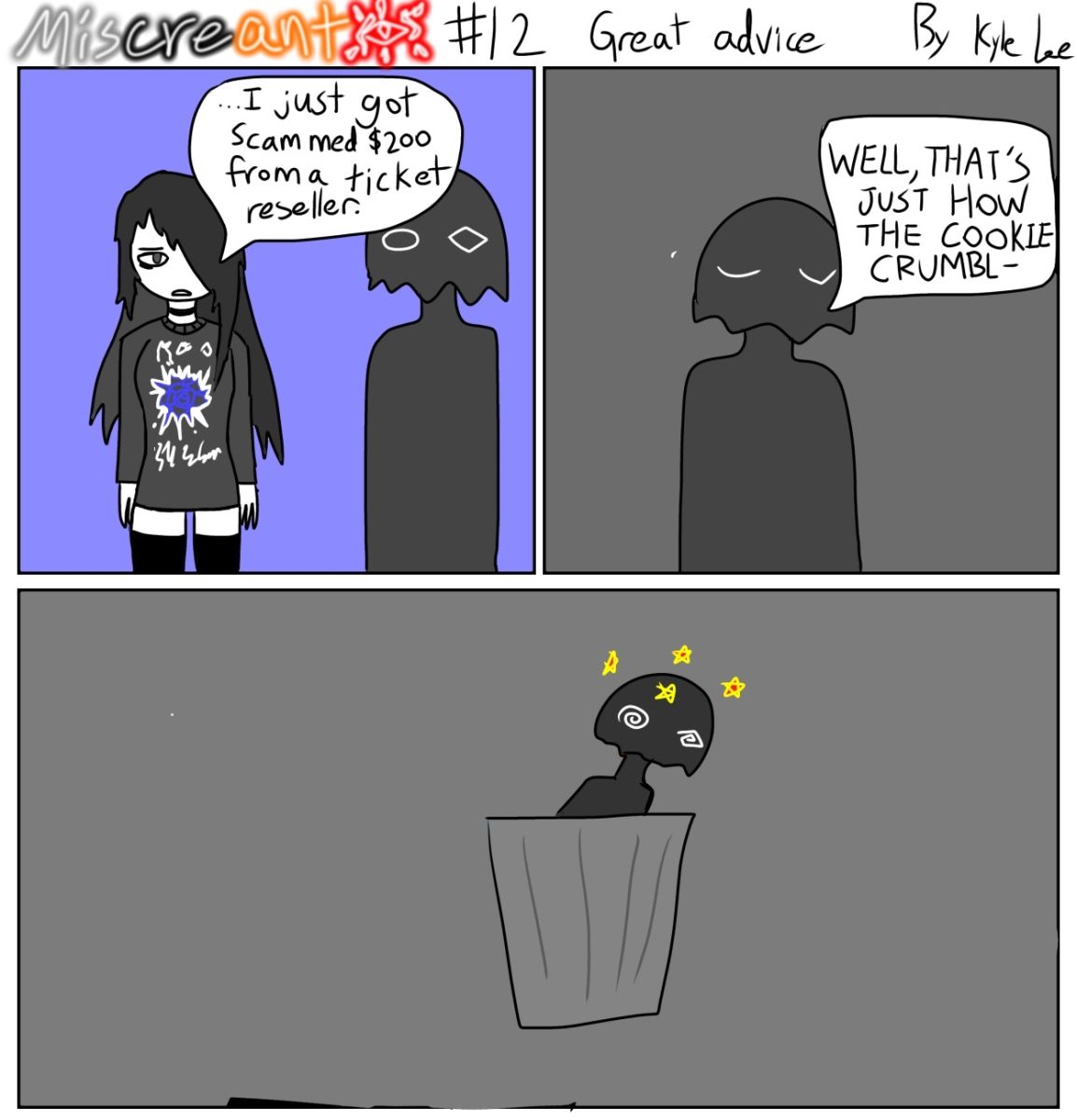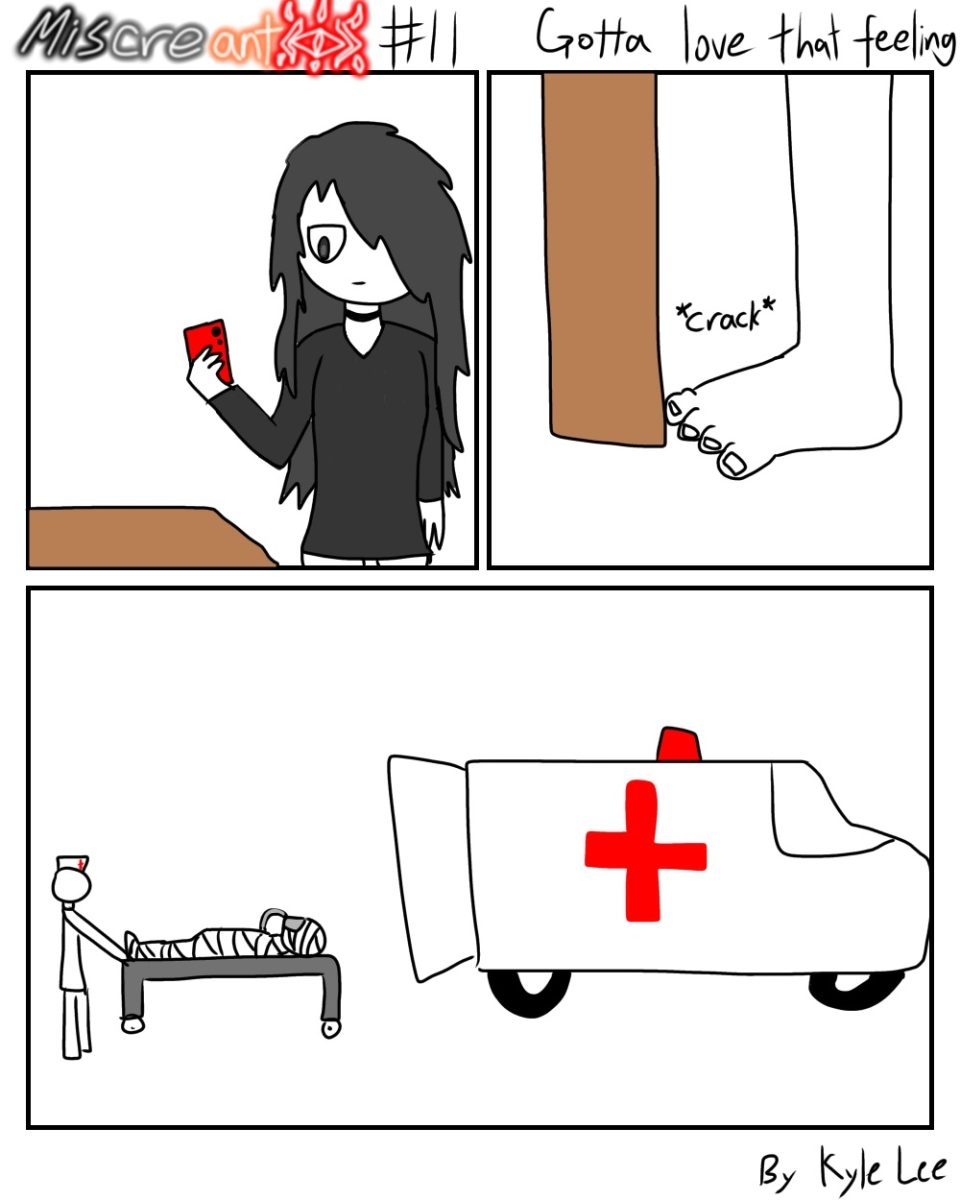Christmas is for Consumerism
September 14, 2021
The ornaments, presents, cakes, and even socks and other decorative elements to Christmas came from the idea that money should be spent in order to truly feel the festivity of the holiday. This capitalistic idea misrepresenting the intent of what should be a great holiday often disappoints us – looking at the contrast between charities being more active during the festivity season and stores putting every product on discount makes us think the nativity is more centered towards consumerism than its spirit.
The definition of Christmas on the internet is “the annual Christian festival celebrating Christ’s birth, held on December 25 in the Western Church” (according to Oxford Languages). But some of the close-related words are gift-giving, presents, and donations (according to reversedictionary) which shows the evidence of economic dominance in the word itself. Yule has undoubtedly become the biggest profit-making period of the year, becoming a great chance to wrap up the marketing gimmick like a present.
In fact, I remember the day I was searching for the advent calendar to celebrate the last month of the year – the price of the product varied from a minimum of $50 to a maximum of $1,000, which was astounding. Nobody was forcing me to buy it but I felt deceived by the exorbitant pricing system of holiday merch, and I figured out that apparently, this feeling was mutual among friends and family members as well.
Rich YouTube vloggers who like boujee merchandise tend to make expenditures on items for Noel, but think about where all the money eventually goes to. After all, it’s not Santa that will be receiving your ‘expression of gratitude’.
Statistics from Fortunly added certainty to the argument: “In 2018, U.S. households spent an average of $1,536 during the Christmas holidays… $511 on gifts and gift cards.” Celebrating the festivity has become a golden season for businesses; in fact, non-Christians also welcome the moment as a consumer when it comes to spreading X-mas vibes. How much would a Christmas tree with a bunch of presents cost? How much would you pay to buy this happiness?
Companies will even incite more purchases by launching limited Christmas edition goods that everyone would be desperate to buy before they’re sold out.
The majority of the public tends to insist that the purpose of the holiday is to celebrate religion and familial connections, but the wonderful Noel feeling is something you absolutely have to shop for. Everything costs money and Christmas is not an exception; celebrating the season might sound virtuous, but the businesses are more thrilled to earn extra money from everyone’s hopes and dreams.










